A minute with Koha Apparel.
Repurpose with a purpose.
Interview with Charli Cox, founder Koha Apparel.
Take what you need. Give what you can… but the social aspect of what we do is just as important. I look forward to seeing our community week-to-week. It’s a two-way street.
Both homelessness and waste are human constructs introduced by colonialism and capitalism. Our work seeks to improve access to clean, quality clothing while diverting textiles from landfill.
Uplifting those marginalised in our communities, Koha Apparel runs 19 pop-ups each month across Tāmaki Makaurau, Wellington and Tauranga, providing clean, quality clothing and footwear to those in need at no cost.
On Cyber Monday, icebreaker will be gifting up to 900 icebreaker items to Koha Apparel to give someone in need a chance to move to natural.
Learn more about @koha.apparel here.
Tell us about why you started Koha Apparel.
When I arrived in Aotearoa, I was living in Newmarket and I’d walk into the CBD for work, and there were so many people on the streets, people without. I began collecting clothing through friends, and we reached out to Everybody Eats, who were at the time operating out of St Kevin’s Arcade. That was how we started.
What makes the Koha Apparel community so special?
Our people, the people we meet, the stories I hear. It puts everything into perspective. There’s also our team of committed volunteers, and our partners, like Lifewise and Rainbow Youth, Sunday Blessings and Life Community Kitchens - there is this massive support network of people coming together to support our most vulnerable which is incredibly unique.
What are you planning to do with the 900 donated icebreaker items?
Each year we prepare gifts for our Kirihimete pop-ups in Tāmaki Makaurau, in which the items will be included. People make jokes about things like socks for gifts but our community are always so grateful.
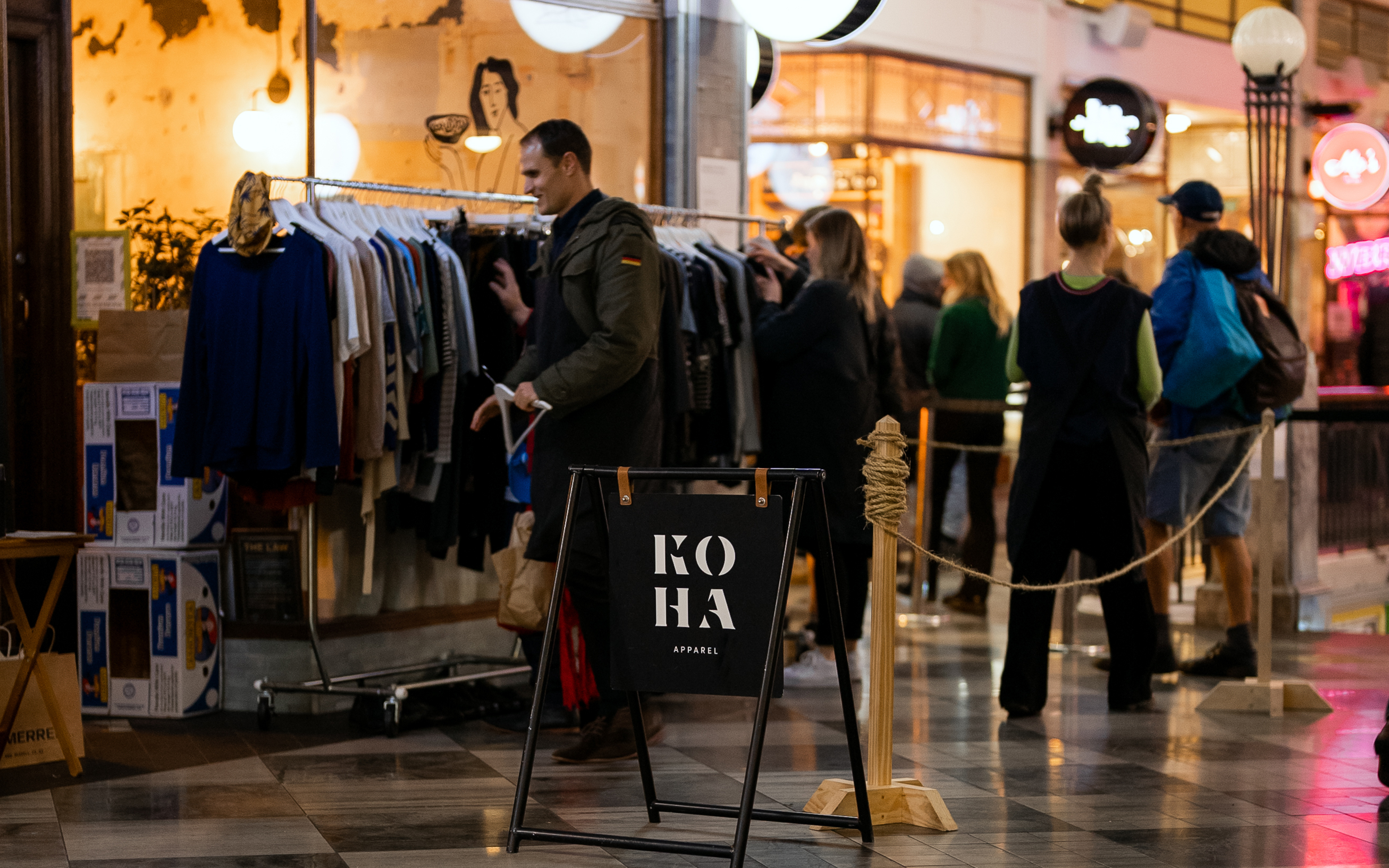
What impact do you think they will have on the Koha Apparel community?
Seeing our regulars at pop-ups, what they wear and the confidence with which they wear it, is everything. When people feel they have meaningful choices over what they wear outside of uniform, there is esteem and dignity. There is liberty. And everyone deserves that.
Why do you think it’s important for people to move to natural if they can?
I read recently that 60% of materials used for clothing are plastic, which is oil. And when these garments are laundered, they release synthetic microplastics that end up in our ecosystems and bodies. If we want to see less drilling for fossil fuels, when we are purchasing new garments, opting for natural fibres works towards reducing demand for synthetic fabrics.
What is your hope for the future of Koha Apparel?
My hope for the future is that Koha Apparel does not have to exist. Today we are too used to seeing secure housing framed as a privilege and despite rising GDP and wealth generation, it has come at the expense of driving wages and salaries down. We need politics that puts care front and centre. In Aotearoa, increasing crime, poverty and suicide rates all point towards an utterly broken society. Thank you for amplifying our work and mission.
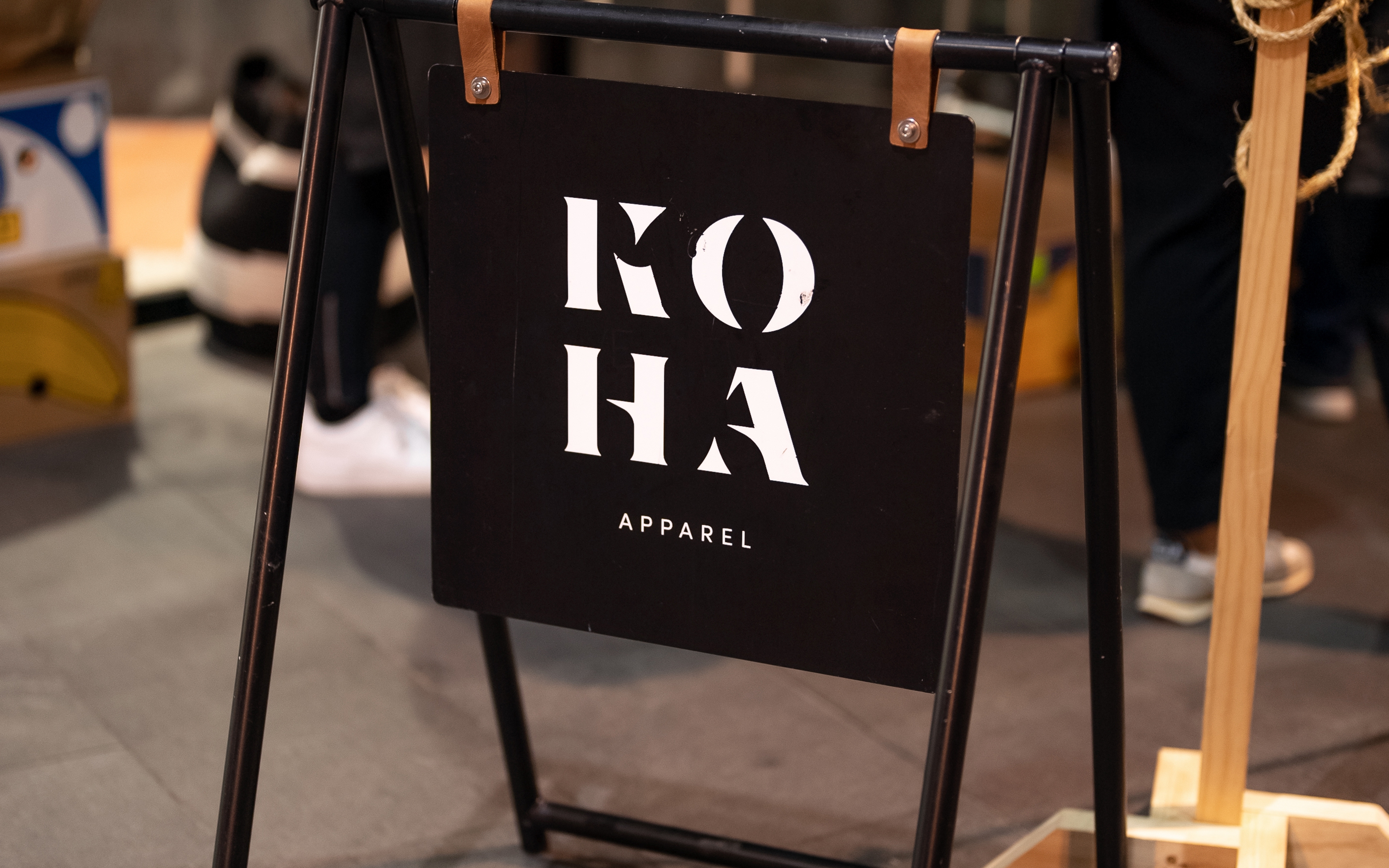
More for you
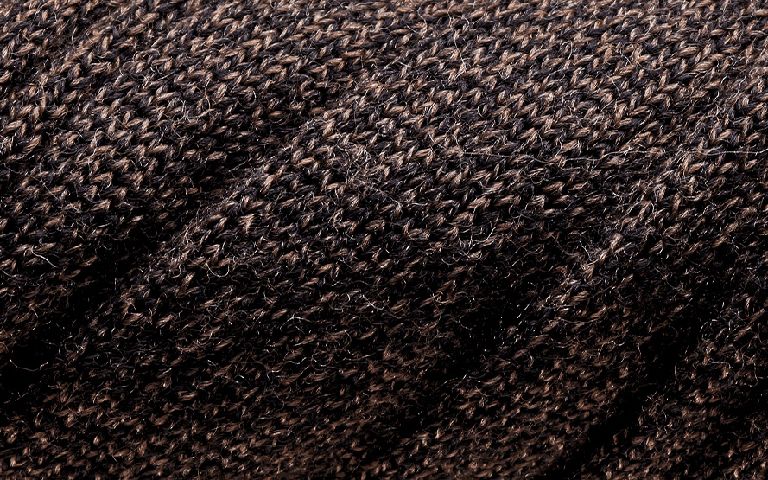
Will merino wool shrink after washing?
28 September 2020 | Marie Knowles
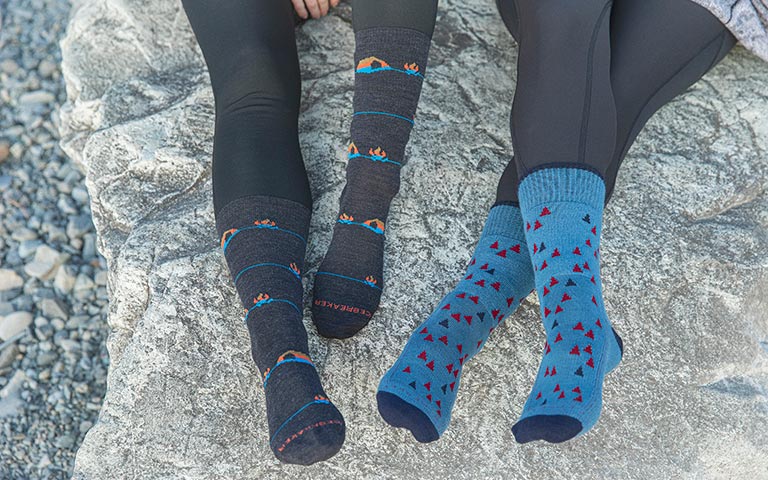
Are merino socks good for hiking?
26 August 2020 | Marie Knowles
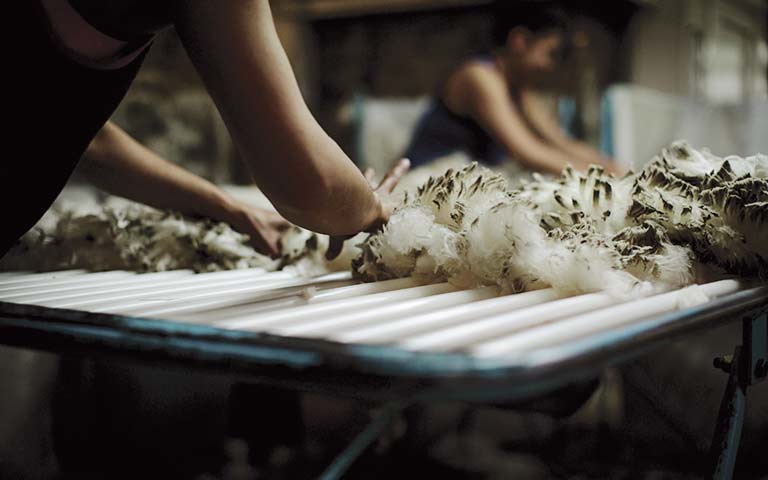
Why is merino wool good to wear?
19 August 2020 | Jamie Patterson







